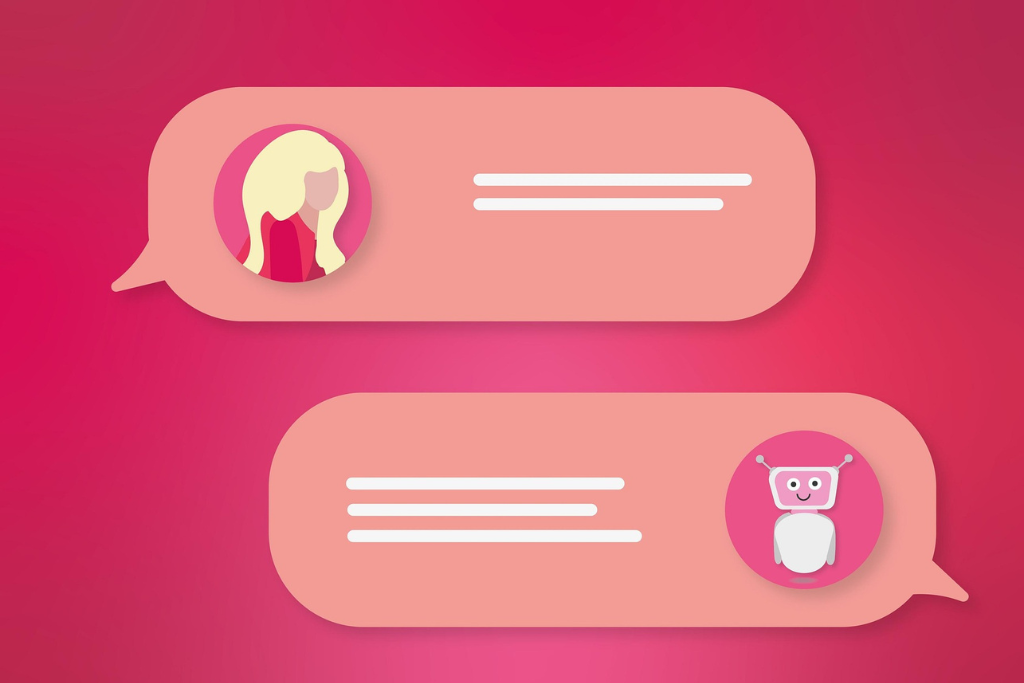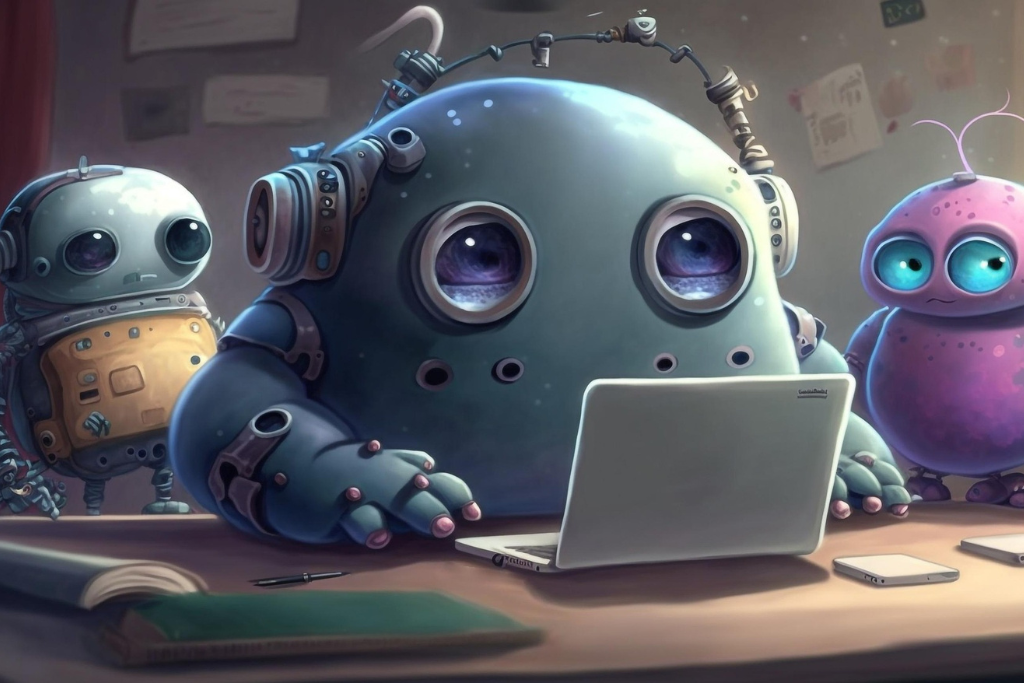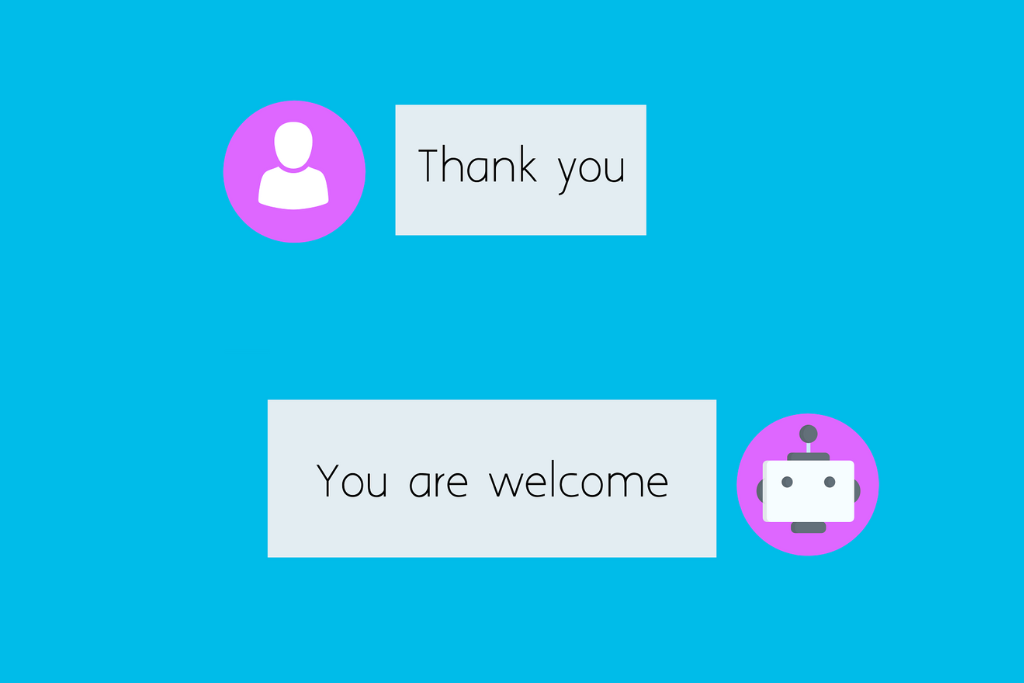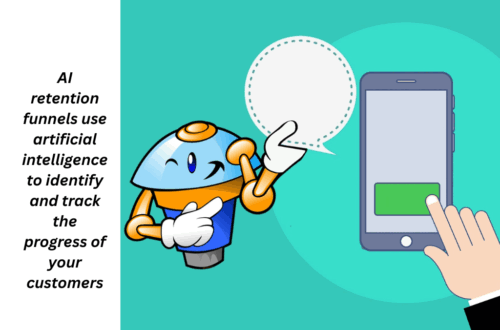
Chatbots vs. Human: Which Agent Works Better in Customer Support?
The rise of AI chatbots questions the value of human support in customer management and retention. Nowadays, customers expect you to deliver 24/7 service with personalized conversation, proactive, and responsive support. There’s no doubt that chatbots are best for customer support to cut costs. Choosing the right chatbot software enables you to meet these expectations.
Traditional chatbots do have shortcomings, and that’s why businesses prefer AI chatbots that are specifically designed for customer experiences. These chatbots resolve more complex issues with human supervision and provide instant support across all platforms. AI generative chatbots are capable of understanding complex conversation while generating human like response.
However, we cannot ignore the fact that it is essential to monitor chatbots under human surveillance. Before getting into a debate about chatbots’ human support, let’s get to know the type of chatbots that businesses and industries mostly use.
Types of Chatbots
- Menu or button-based chatbots are the most basic form and are good for simple repetitive tasks. These chatbots work like a decision tree using a click-based menu, but are limited to predefined options.
- Rule-based chatbots use “if or then” logic with keyword detection. These chatbots function like an interactive FAQ and often require a human handoff if stuck. Rule-based chatbots are easy to program but struggle with unpredictable or complex queries.
- AI-Powered Chatbots use AI and NLP to understand natural language. They learn from interactions through machine learning and can handle complex, open-ended queries. These are advanced chatbots that remember user context and integrate with business systems.
- Voice Chatbots allow voice-based interactions using speech recognition and enhance customer service with faster resolution. Their AI-powered versions improve over time, making them useful for real-time responses and hands-free experiences.
- Generative AI Chatbots are highly adaptive, empathetic, and fluent in natural language. These are next-gen bots that generate new content (text, image, audio). These chatbots use LLMs to summarize, predict, and create responses, and hence personalize the user experience.
- Hybrid Chatbots offer structured and intelligent conversations in one system. They combine rule-based logic with AI capabilities and handle both simple and complex tasks.
These chatbots are evolving to understand complex conversations, and they also respond like human agents. They work like autonomous AI agents, get connected to your backend systems, and resolve your business automation needs through personalized assistance. According to an estimate, the advanced AI-powered chatbots can seamlessly resolve problems like a human agent and sort out 80 percent of customer issues independently.
Chatbots vs Human Support
The consistent reshaping of customer service made the use of chatbots inevitable. These bots surpass traditional human support in many ways. Yet human customer service agents do have some strengths over chatbots that challenge their limitations. To make it clear which one is better, let’s evaluate both of them.
Where AI Chatbots Take the Lead
Availability
AI chatbots are capable of delivering instant answers 24/7, regardless of time zones or business hours. In contrast to human agents who need rest, shifts, breaks, and cannot operate continuously, providing seamless support to customers at any hour. This around-the-clock availability of chatbots reduces customer wait times, boosting satisfaction.
Cost Reduction
AI chatbot also reduces operational costs and scales easily as compared to human support. It’s because chatbots can handle high volumes of repetitive queries and manage more customer interactions. Humans on the other hand need proportional scaling, more agents, training, and resources with the growing demand.
Productivity
AI chatbots support humans in automating repetitive tasks and collecting customer data. This support enables humans to focus on complex and high-value issues that require judgment and empathy. Chatbots also enhance the personalization process by connecting backend systems to customer data and tailored recommendations. Human agents can also personalize experiences, but doing so at scale is significantly harder and more time-consuming without AI support.
Extensive Reach
Chatbots are capable of providing omnichannel and multilingual support across multiple platforms. This allows brands to extend their reach through social media, messaging apps, and live chats. By contrast, human support often have to switch between channels, have limited language proficiency, and regional coverage. 
Where Human Support Still Wins
Empathy and Human Interaction
So now we know that chatbots do have many advantages over human agents. However, they cannot entirely replace human agents, especially in emotional intelligence, empathy, and nuanced decision-making. Along with that, there are issues involving billing disputes, dissatisfaction with rewards, or emotionally sensitive interactions that are better handled by humans who can understand tone, context, and emotional cues.
In fact, research shows that 99% of consumers report frustration with long hold times and poor issue resolution, but also value genuine human interaction when it comes to solving complex problems. A chatbot may handle 92% of inquiries, but that remaining 8% can significantly impact customer loyalty if not addressed properly.
Human Agents are Essential for Chatbot Integration
Integrating AI chatbots comes with challenges such as data privacy concerns as chatbots rely on sensitive customer data for personalization. Along with that, a seamless integration is often difficult especially in industries line banking which rely on outdated infrastructures and businesses with balance automation. 
Which Is Better: AI Chatbots or Human Support?
From the above evaluation, we understand that neither AI chatbots nor human support is universally “better”. Both of these systems are essential to thrive in your business. AI chatbots are better for speed, scalability, cost savings, and 24/7 availability. On the other hand, human support excels in handling complex, sensitive, or emotionally charged scenarios.
Conclusion
To make your customer service competitive, you will require the integration of both AI chatbots and human support. No matter how advanced and compatible they are, chatbots still require human surveillance and monitoring. That’s why companies require this combination to be succesful at their customer support and retention.





